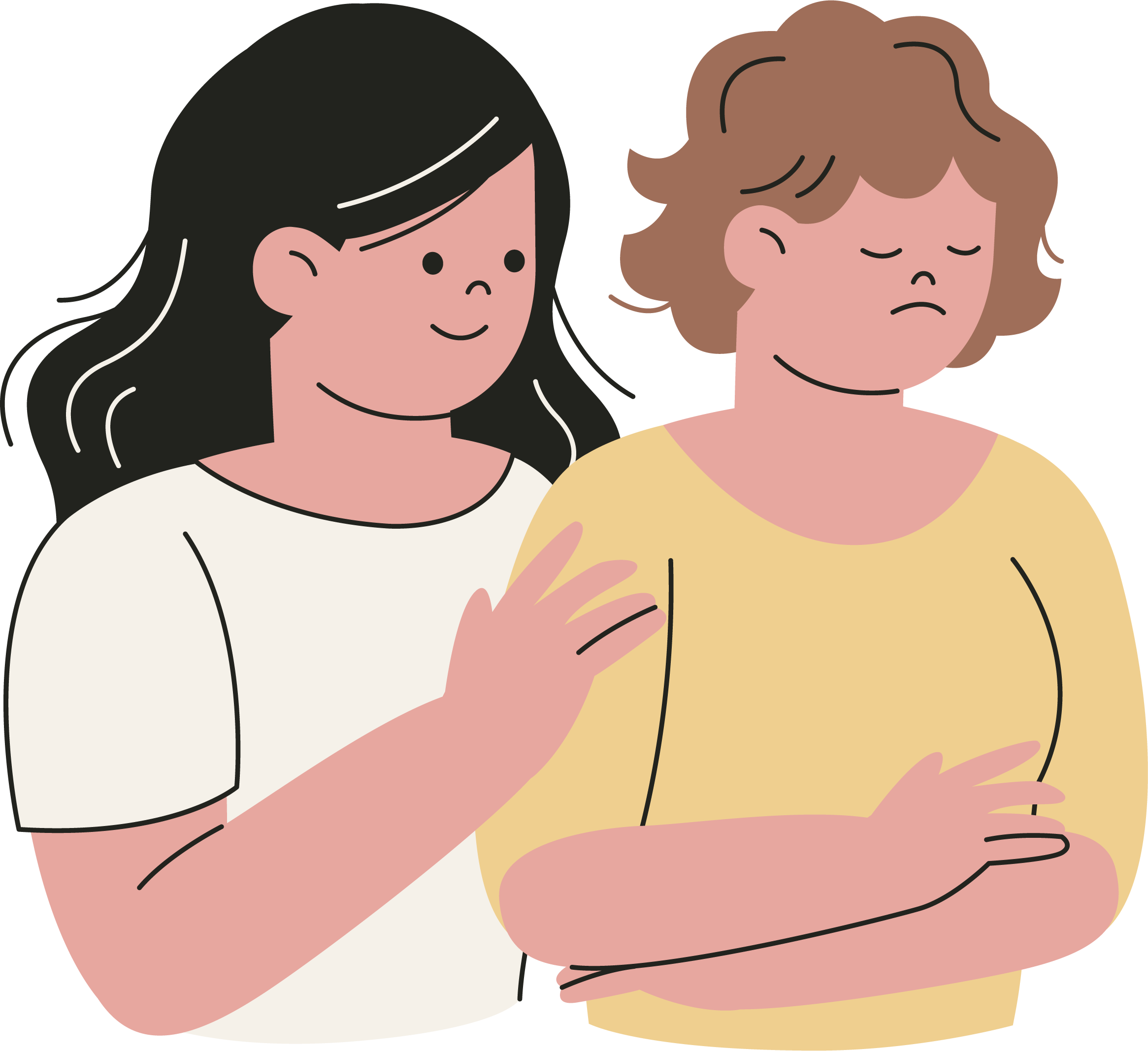If you’re waking up feeling heavy, stuck in your thoughts, or wondering if anything will ever change you’re not alone. Depression can feel like a fog that won’t lift, even when life on the outside seems fine.
But there is help. Cognitive Behavioral Therapy (CBT) offers a practical, proven path to feeling better and if you’re in Berkeley, working with a local psychologist can make a meaningful difference.
Let’s walk through what CBT is, how it helps with depression, what sessions feel like, and why working with a Berkeley-based therapist might be the right fit for your healing journey.
What Is CBT and How Does It Help With Depression?
Q: What is Cognitive Behavioral Therapy?
A: CBT is a structured, evidence-based form of talk therapy that helps people identify and change negative thinking patterns that contribute to depression.
Rather than diving into every past experience, CBT focuses on the here and now. It teaches you how to recognize thoughts that drag you down like “I’m not good enough” or “nothing ever works out”—and replace them with more balanced, realistic ones. Over time, this can lift your mood, increase motivation, and help you feel more in control.
Q: How is CBT different from traditional talk therapy?
A: CBT is more structured, short-term, and focused on solving current problems through skill-building. You’ll walk away with tools you can use every day.
Q: Is CBT effective for all types of depression?
A: CBT is especially helpful for mild to moderate depression and is often recommended as a first-line treatment. Many clients with depression in Berkeley have seen real progress with CBT.
What Are the Most Common Symptoms of Depression?
Q: What are some signs of depression?
A: While it can show up differently for everyone, some common symptoms include:
-
Feeling persistently sad or emotionally numb
-
Losing interest in things you used to enjoy
-
Sleeping too much or too little
-
Low energy and fatigue
-
Trouble focusing or making decisions
-
Thoughts of guilt, shame, or worthlessness
If these symptoms sound familiar, know that support is available. CBT is designed to help you make sense of what you’re feeling and give you clear steps to begin healing.
Q: Can therapy help even if I’m not sure I’m “depressed enough”?
A: Yes. Whether you’re feeling chronically overwhelmed or just “off,” working with a Berkeley therapist can help you understand what’s going on—and what to do about it.

What to Expect During a CBT Session
Q: What happens in a CBT session for depression?
A: CBT sessions are collaborative and goal-focused. You’ll explore how your thoughts, behaviors, and emotions are connected, and work with your therapist to identify patterns that may be keeping you stuck.
Expect this in a typical CBT session:
-
A check-in on how you’ve been feeling
-
Identifying unhelpful thoughts or beliefs
-
Learning new ways to respond to stress
-
Practicing techniques like journaling or thought-tracking
-
Short take-home assignments to reinforce learning
Sessions are typically 45–60 minutes and may include worksheets or real-life exercises that help you apply what you’re learning.
Q: Is CBT available virtually or only in person?
A: Many therapists now offer online CBT for depression, making it easier to stay consistent with sessions no matter your schedule.

You deserve dedicated time with a mental health professional because it can transform your life.
Why Work With a Berkeley-Based Psychologist for CBT?
Q: Why choose a local CBT therapist in Berkeley?
A: Seeing a psychologist in your own community adds a layer of connection and familiarity. A Berkeley-based psychologist understands the local culture, pressures, and resources—and can provide care that feels more grounded in your world.
For example, therapy might look different for a college student at UC Berkeley than for a professional navigating a career transition or someone dealing with life changes and transitions.
A local therapist can personalize your CBT experience to fit the challenges and opportunities you’re facing in Berkeley or the surrounding areas.
Frequently Asked Questions About CBT for Depression
Q: How long does CBT take to work?
A: Most clients begin seeing progress in 6–12 sessions. However, every person’s timeline is different depending on their goals and challenges.
Q: What if my depression is tied to past trauma?
A: CBT can still help. In fact, many people dealing with past trauma or PTSD find CBT to be a useful part of their healing process. Your therapist may also blend CBT with other approaches.
Q: Does CBT help with anxiety too?
A: Absolutely. Many people who struggle with depression also experience anxiety. CBT for anxiety in Berkeley is a popular treatment that complements depression-focused work.
Q: Can CBT be combined with other forms of therapy?
A: Yes. CBT is often used alongside integrative approaches, including trauma-informed care, mindfulness, and insight-oriented therapy. For some clients, a multi-method approach works best.
Is CBT Right for You?
If you’re feeling overwhelmed, withdrawn, or like you’ve tried everything and nothing’s working—CBT may offer a fresh start. Whether you’ve been formally diagnosed or just know something’s off, CBT is a supportive, structured way to begin feeling better.
Working with a local psychologist can make the process even more effective. If you’re ready to start, Dr. Lynn Winsten is an experienced, compassionate CBT therapist in Berkeley offering a thoughtful, customized approach to depression treatment.
Ready to Get Started?
Whether you’re newly exploring therapy or have tried other approaches before, Cognitive Behavioral Therapy for depression may be exactly what you need to take that next step forward. Contact Dr. Lynn Winsten today to schedule a consultation or learn more about personalized therapy options in the Berkeley area.

